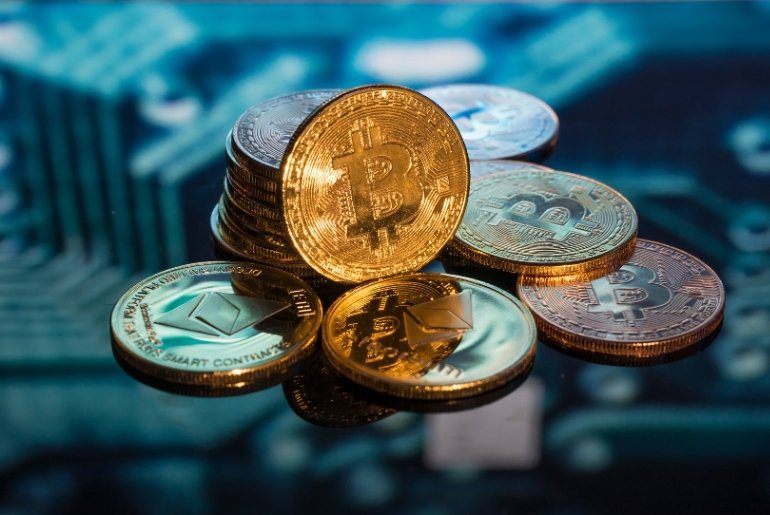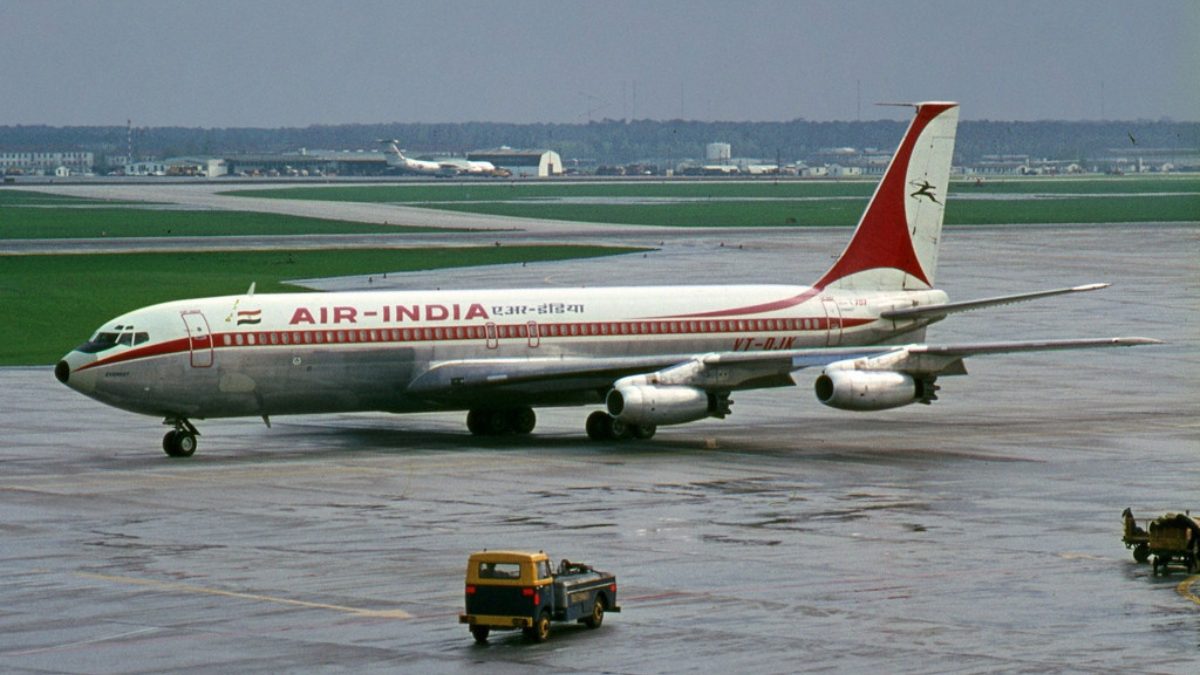Thailand is testing something few countries have dared to formalise: letting tourists pay their way around the country by converting crypto straight into baht, a move that could reshape how travel economies embrace digital currencies.
Thailand Launches TouristDigiPay
According to Cointelegraph, the pilot program in Thailand, called TouristDigiPay, kicked off in late August 2025 and will run for 18 months. The target is clear: tourism makes up roughly 12% of Thailand’s GDP, and officials want visitors spending more freely, without the usual barriers of cash exchanges and fees. Enter crypto!
The mechanics are deceptively simple. A traveller signs up through digital-asset platforms licensed by the Securities and Exchange Commission or e-money providers under the Bank of Thailand. They clear KYC and customer due diligence checks, pass anti-money laundering filters, and then their Bitcoin, Ethereum or stablecoins transform into baht.
The funds sit in a Tourist Wallet, ready for a quick QR payment at a Chiang Mai night bazaar or a Pattaya beach café. Merchants don’t touch the crypto; they get baht directly, which shields them from coin volatility.
Also Read: Thailand Moves Toward Eco-Friendly Tourism As First Climate Change Act Nears Final Approval
Your Crypto Is Your Tourist Money In Thailand!

The rules are strict, and tourists can’t withdraw cash, nor can they spend beyond the amount of crypto they converted. Each purchase is capped at 100,000 baht, while monthly limits vary from 500,000 baht for verified merchants to 50,000 baht for small vendors. It’s enough to cover most travel indulgences, from five-star hotels to shopping sprees.
The upside of this initiative is huge! Thailand still welcomes close to 35 million foreign visitors a year, and economists estimate that even a 10% bump in spending per head could inject around 175 billion baht into the economy. In other words, if the trial succeeds, it could pay for itself many times over.
For travellers, the attraction is obvious: no currency counter queues at the airport and no leftover notes shoved in a drawer back home; just a direct line from digital assets to daily spending. For merchants, especially small ones, the benefit is just as tangible as tourists’ money flows in instantly, in baht.
If the pilot works, Thailand could extend it beyond restaurants and hotels to bigger ticket items like real estate, yachts, and maybe even medical tourism packages. If it flops, it will still stand out as one of the boldest attempts any government has made to pull crypto into mainstream tourism.
Also Read: Northern Thailand, Known For Its Pristine Landscapes, Slowly Reopens Attractions After Heavy Floods
For now, the scene is set: street vendors in Bangkok tapping QR codes, tourists paying with Bitcoin, and regulators watching every transaction. Thailand has essentially turned itself into the world’s first crypto tourist laboratory. Whether it sparks a global copycat trend or remains a uniquely Thai gamble is a story the next 18 months will tell.
Cover Image Courtesy: jackrit/CanvaPro and tridsanu-thophet/CanvaPro
For more such snackable content, interesting discoveries and the latest updates on food, travel and experiences in your city, download the Curly Tales App. Download HERE. First Published: August 20, 2025 2:38 PM




